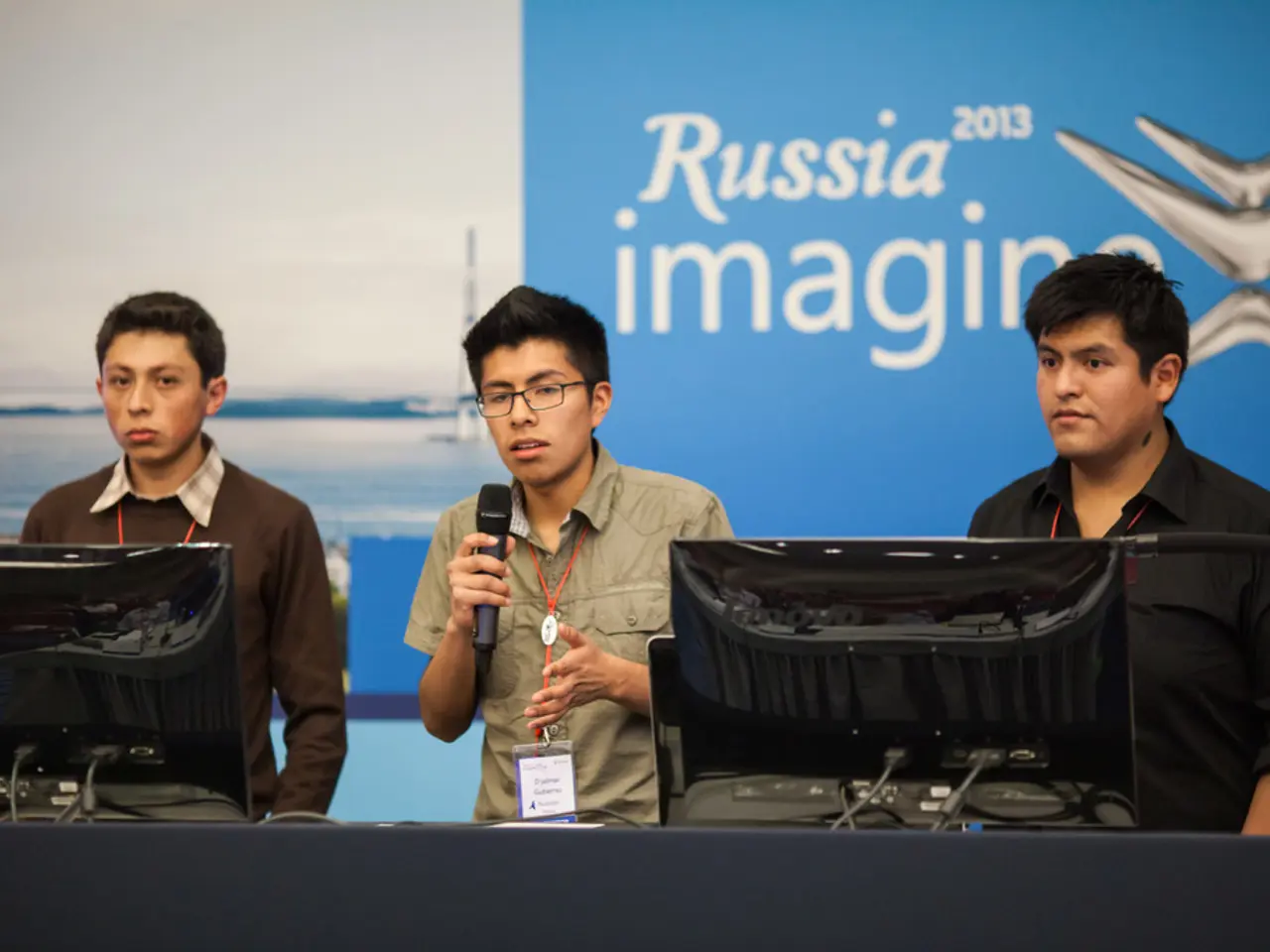Authorities in Russia are assuming control over state services
Russia's Unified State Services Portal (Gosuslugi) is undergoing a significant digital transformation, aiming to simplify and accelerate citizen interaction with government services. The transformation focuses on moving towards fully digital document management and benefit issuance processes.
Key aspects of this transformation include the rejection of paper documents in favour of digital formats, automated issuance of benefits—including for participants of special military operations—through the portal, and enhanced online access for citizens to services like certificates of combat veterans, which are expected to be available from the third quarter of 2024.
The portal is also being integrated into new digital platforms such as the government-controlled messaging app MAX, which from September 2025 will be pre-installed on new smartphones in Russia and will include access to Gosuslugi services. This integration facilitates remote e-voting and strengthens digital control in alignment with state security policies.
Moreover, the portal acts as a gateway for electronic preliminary voting, as seen in United Russia's online voting systems where access is secured via Gosuslugi authorisation to enhance voter authentication and fraud prevention, illustrating its growing role in political and civil digital engagement.
The transformation of Gosuslugi also involves close coordination between ministries such as Defense, Digital Development, and Economic Development to establish roadmaps and working groups to oversee digital implementation and interoperability of services.
The service provision process is assisted by "constructors" such as landing pages for regional services and services on the State Services Portal. Curators are appointed for each service to handle citizen feedback, ensure service development, and resolve system glitches and errors. Currently, there are 35 federal and over 180 regional services in operation.
Each "life situation" combines around 17 state services and helps obtain them comprehensively and quickly. The transformation involves transitioning from scattered services to "life situations." The Unified State Services Portal has over 117 million users.
Quality standards for state services include the convenience of the electronic application form, speed of service, minimization of service refusal and technical failure cases, and the responsiveness of technical support. Employees in any Russian region can fill in the constructor blocks according to the regional specifics of service provision without IT development skills.
It is planned to convert 99% of mass socially significant services to digital format by the end of 2030, with the current figure at 90%. The curator's photo will be displayed on the service page with consent.
In summary, the transformation of Russia’s Unified State Services Portal centres on transitioning to a digital-only document and service issuance system, establishing interdepartmental cooperation and digital roadmaps to guide modernization efforts, integrating with emerging state-controlled digital platforms for comprehensive citizen interaction and control, and leveraging the portal for secure digital voting and political participation mechanisms. These measures collectively aim to streamline citizen access, boost digital governance efficiency, and expand the state's digital oversight capabilities.
- The digital transformation of Russia's Unified State Services Portal (Gosuslugi) includes the automated issuance of benefits through the portal, demonstrating the intersection of finance, technology, and business in streamlining government services.
- As part of the integration of Gosuslugi into new digital platforms, the government-controlled messaging app MAX will provide citizens with access to Gosuslugi services, showcasing the alliance between business, technology, and state security.




